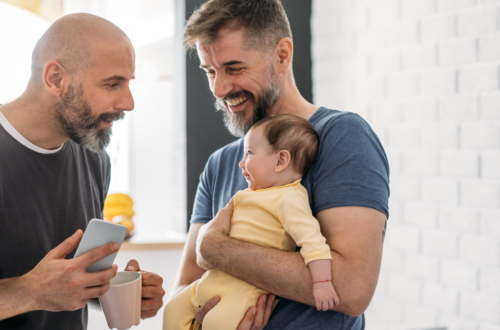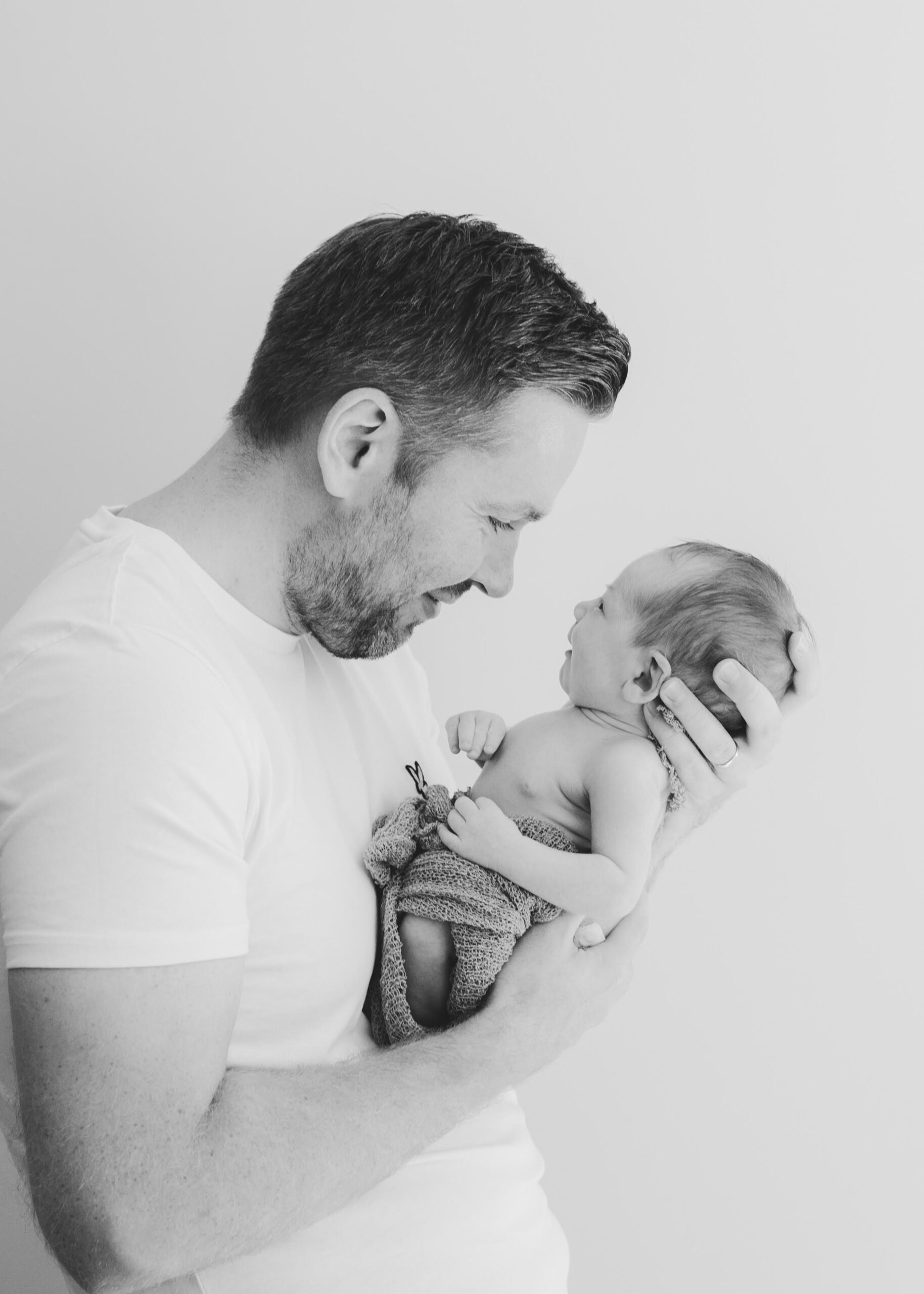
Protecting your Mental Health When Embarking on Fertility Treatment: Instagram Live Interview Featuring Manchester Fertility Counsellor, Ann Curley
Earlier this week, Manchester Fertility was featured in an insightful Instagram Live interview hosted by Mike Johnson-Ellis, the co-founder of My Surrogacy Journey. Joining Mike was our lead fertility counsellor, Ann Curley, who explored preserving mental health as part of the fertility journey and touched upon helpful coping strategies for those navigating fertility treatment.
Here’s what Ann had to say in this week’s IG live:
Tell us about your role?
I’m an infertility counsellor and have been part of the Manchester Fertility team since January 2020. This role holds a special place in my heart because it allows me to connect with countless individuals navigating fertility investigations and treatments. My responsibilities range from supporting patients at any stage of their treatment process to conducting ‘Implications Counselling’ sessions for those contemplating donation, recipients of donated gametes, or those entering into surrogacy arrangements.
In surrogacy, our approach involves initial separate sessions for Intended Parents and surrogates, with the option for the surrogate’s partner to join where applicable. This is followed up by joint appointments, which bring me great joy and fulfilment in bringing everyone together. Within our implication sessions, we explore all aspects of the surrogacy journey, including emotional, legal, financial, and practical considerations. My primary goal is to ensure everyone involved is well-informed, prepared, and happy with their plans for the journey ahead.
How long have you been a counsellor?
I have been a fertility counsellor for 22 years and have recently retired from my role within the NHS. Alongside my fertility counsellor role, I worked as a school counsellor for 10 years, working with children across all age groups ranging from 5-18 years old.
How can you prepare for fertility treatment and keep yourself safe?

I became a fertility counsellor because I experienced infertility for over five years. I firmly believe that once you have decided that you wish to become a parent and have a child, you can’t undo that desire. You have already formed an attachment to the idea of parenthood, and whatever the outcome, it will be emotional.
Fertility treatment is wonderful when it works, but it can be a rocky journey with plenty of ups and downs. This can strain both individuals and the relationship themselves. Hence, it’s important to be prepared for these highs and lows as much as possible. Talking about your feelings is really beneficial – both with each other and with a professional at the clinic. Talking to close friends and family can also be very helpful.
I think it’s good to have a loose plan for the future in case fertility treatment doesn’t go as planned. Would you consider adopting a child/ren? How would you live your best possible life as a ‘child-free’ individual or couple? It’s unrealistic to imagine that you won’t be emotionally affected by unsuccessful treatment, as it’s something you want so much. Still, it’s vital to remember your intrinsic value and self-worth, just as the unique person you are.
Are there any coping strategies for navigating fertility treatment?
I think it’s important to talk about your feelings, particularly with those who have been through something similar. Finding someone who truly understands how you feel can be a huge comfort and relief.
On a practical level, it’s good to put your energies into something that you enjoy and may be good at. It doesn’t matter what this is, as it’s more about getting involved with an activity that is distracting, makes you feel good about yourself and gives you a sense of reward for your efforts.
Why is counselling so important, outside of implications counselling?
Accessing counselling is important because it’s a safe space where you can talk about your feelings, whatever they may be. Sometimes, sharing your emotions with your partner, family, and friends can be challenging because you’re concerned about upsetting them. Additionally, your partner, who’s on this fertility journey alongside you, may be experiencing similar feelings, such as frustration, sadness, hurt, anger, grief, and anxiety. There are moments when you both may struggle to support each other effectively. Counsellors are trained to hold people’s emotions and make it possible for them to express their feelings without judgement and expectation.
Are there more things that clinics could do to highlight the greater need for counselling?
I think clinics are responsible for promoting the availability of counselling services in the best way they can. I honestly believe that going through fertility treatment, trying for a baby and having to live with the uncertainty about whether or not this dream will be realised is one of the hardest things to cope with and that it is up there with major bereavements.
As I mentioned earlier, once you have made the attachment to becoming a dad or a mum, you can’t undo that. People often experience a profound sense of loss if treatment isn’t successful. I think clinics should use every means of communication to let their patients know that the counselling service is available to them at any point during their fertility treatment journey.
How do you support the mental health needs of same-sex couples facing unique challenges, even though infertility may not be the primary issue?
On top of all the emotional demands of trying for a baby – the hopes, anxieties, the joy when treatment succeeds, and the deep sadness when it doesn’t – same-sex couples have to face an additional set of challenges. This includes financial costs, reliance on others when going through surrogacy and donor treatment, and uncertainty about outcomes.
Also, there’s a lack of awareness and insight in our society about the rights and needs of same-sex couples to have the opportunity to become a parent – just like everybody else. These experiences can be extremely lonely, isolating and upsetting, and I think it is essential to talk, whether that’s with each other, friends and family, or experienced fertility counsellors.
Becoming part of a support network is invaluable and a brilliant way to know you are not alone. It can help you see that your feelings are valid and that others have most likely felt just like you and have emerged from this journey in a much better and happier place.
To find out more about the counselling services offered at Manchester Fertility, you can access all the information here.
If you wish to discuss fertility treatment, please get in touch on 0161 300 2737 or book a callback from their friendly team.





